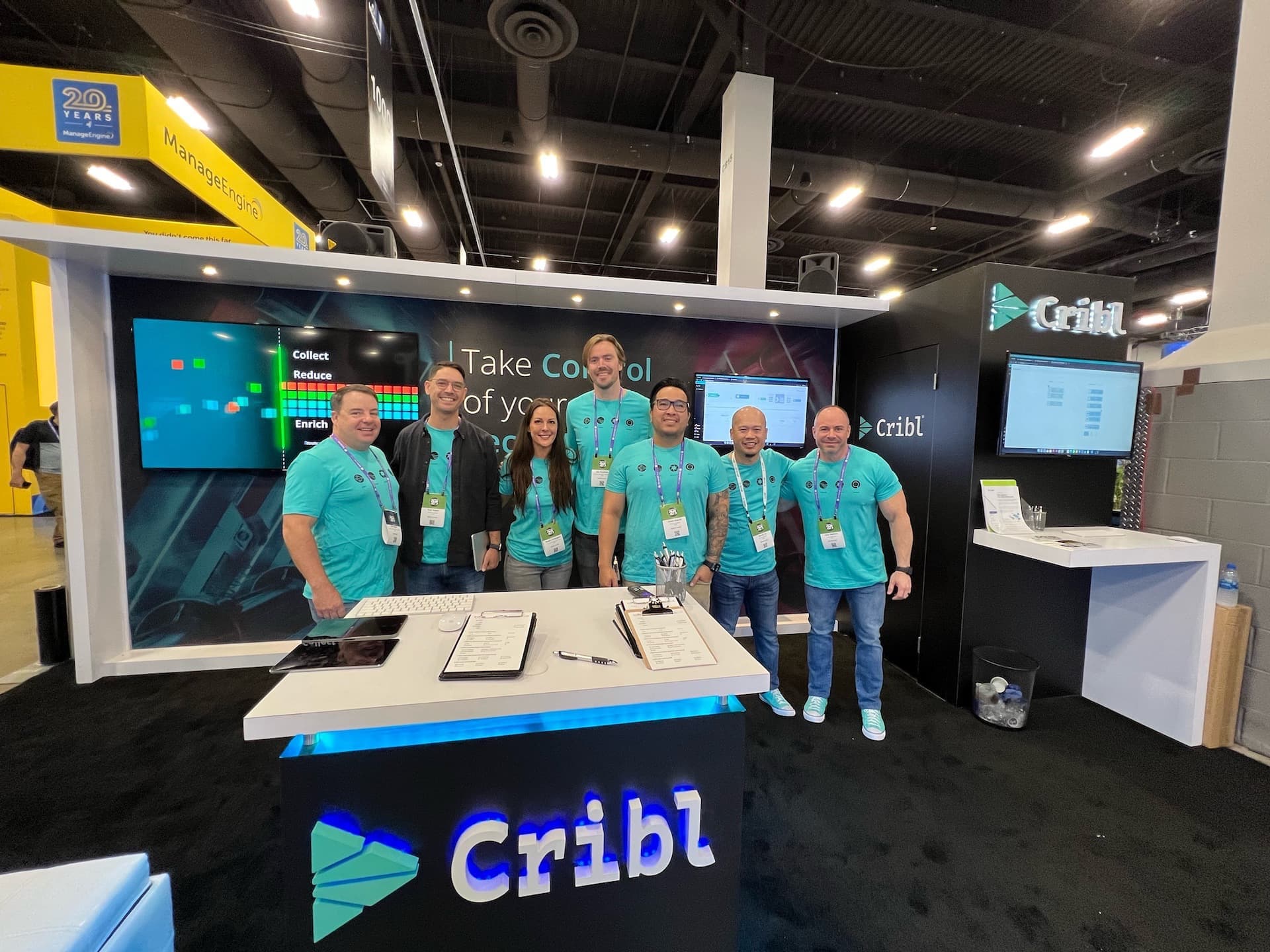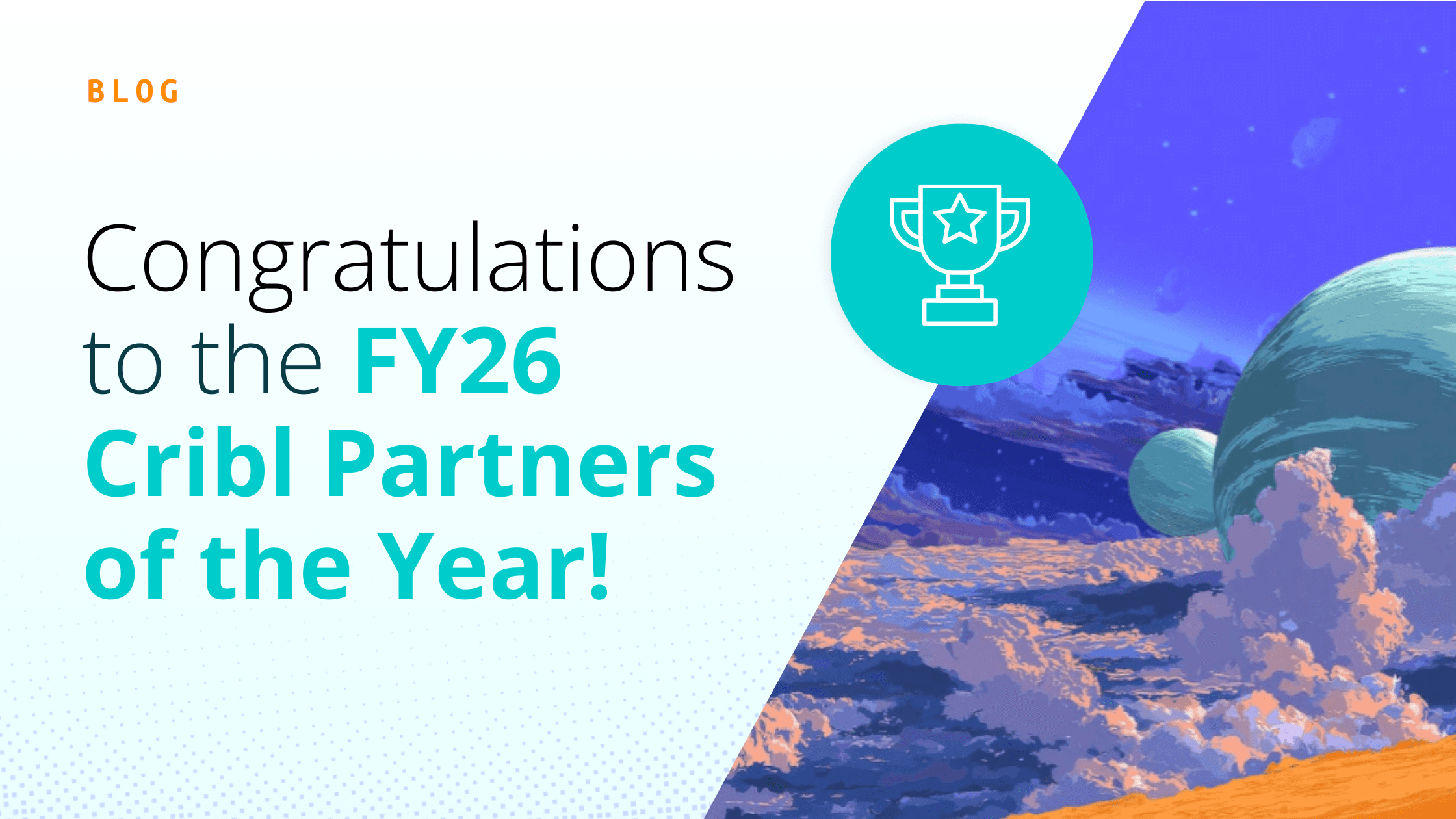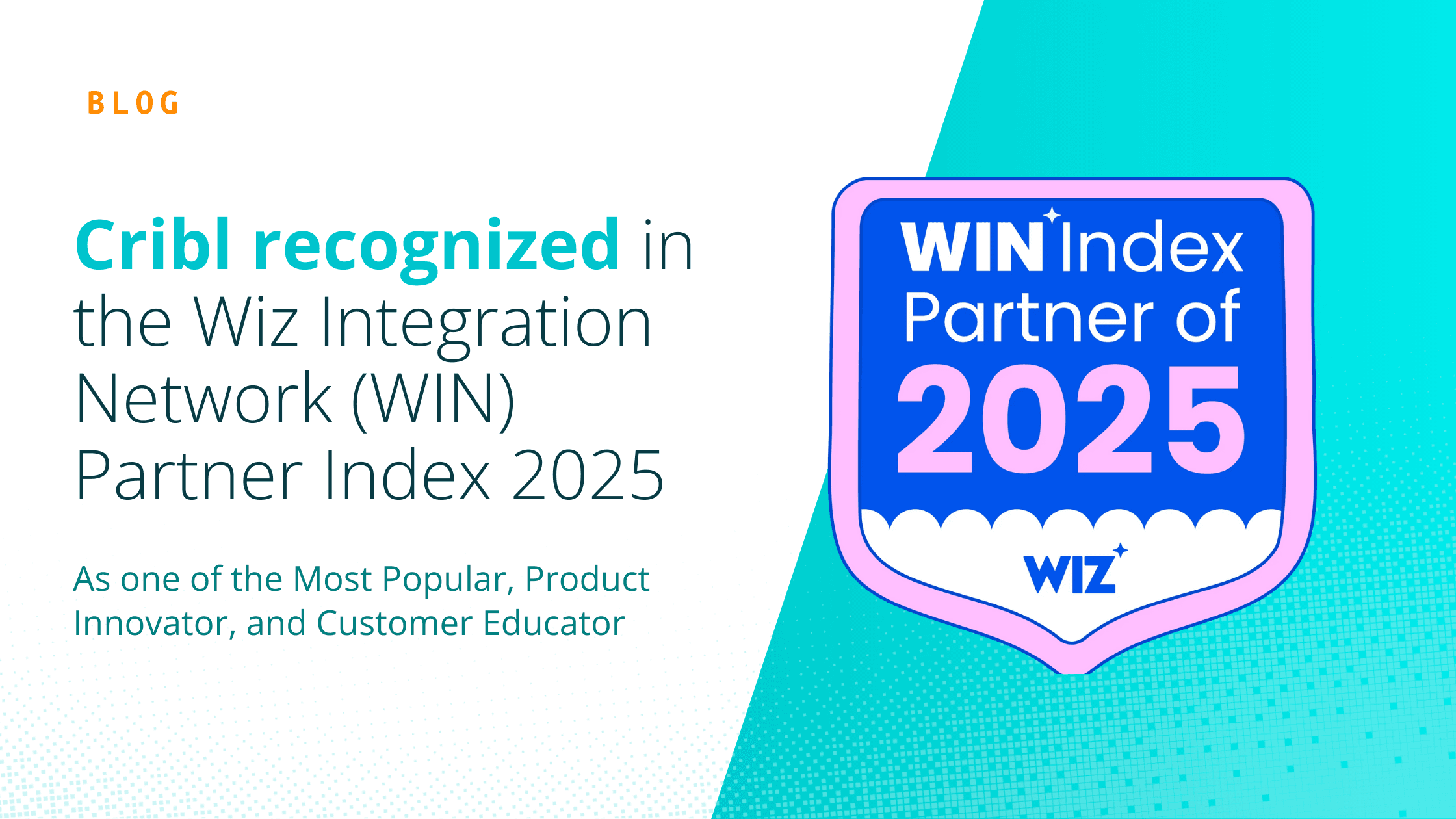“Why is it so bad right now? Why does it seem like we’re fighting this up-hill battle?” The internet, it seems, is having a mid-life crisis. As industries progress through their life cycle, they are expected to reach a quasi-steady state of maturity, but the internet hasn’t gotten that message. In fact, it seems to be stuck in the growth phase, expanding exponentially with no end in sight, and securing it just feels so hard. Let’s dive into my Black Hat recap.
At Black Hat, keynote speaker Chris Krebs (Former United States Director of the Cybersecurity and Infrastructure Security Agency) asked those questions and then opined that it would get worse before it gets better because “we’re building more products that are insecure by design because of the market pressures and then we’re making it more and more complex.” Simply put, the economics are not in favor of a secure internet. Much like a child who can’t wait to grow up and have their own money, only to learn about bills, the internet grew up to become an integral part of our economy, only to find cyber criminals waiting to steal some of those profits.
Attackers are getting more sophisticated. Ransomware, spyware, malware, and many others are now products themselves, making cybercrime an increasingly more profitable and easily replicable endeavor. With broad global security standards, regulation, and oversight lacking (save a few highly regulated industries like finance), it’s a bit of a free-for-all, and companies are lost.
Walking around Black Hat, I met companies innovating in cyber asset management, attack surface management, threat intelligence, network monitoring, and many other essential areas, each producing its own data stream. Where does it all go? Who pays to store it? How much of it is used? Security has a data problem.
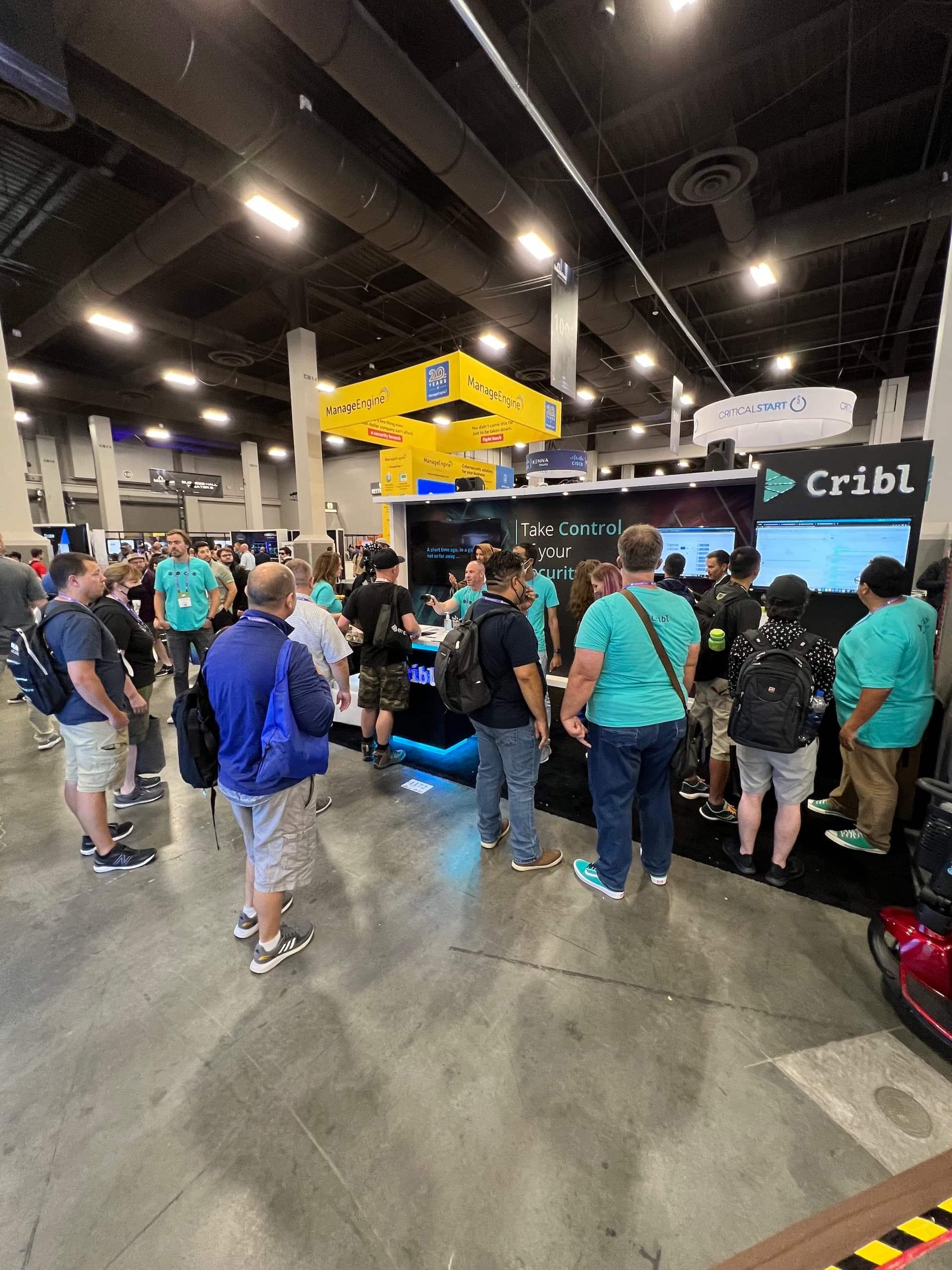
One of the key things I want to note in my Black Hat recap is that security professionals I met at our booth told me they were often forced to compromise valuable telemetry for storage costs. Once hampered by too little data and visibility into their infrastructure, security teams now have more than they can handle. They worry about the risk of losing data they may need or failing to detect threats.
After the show, I was fortunate enough to join about 200 customers and partners for CriblCon Las Vegas at the House of Blues. I am continually struck by how passionate our customers are about our products and how many of the experts I know, and respect in security use them. Optimizing and enriching their data with Cribl enables our customers to collect more of the right information, triage the most critical parts, and efficiently store the rest. I’m proud to be part of a company many say they couldn’t do their jobs without.
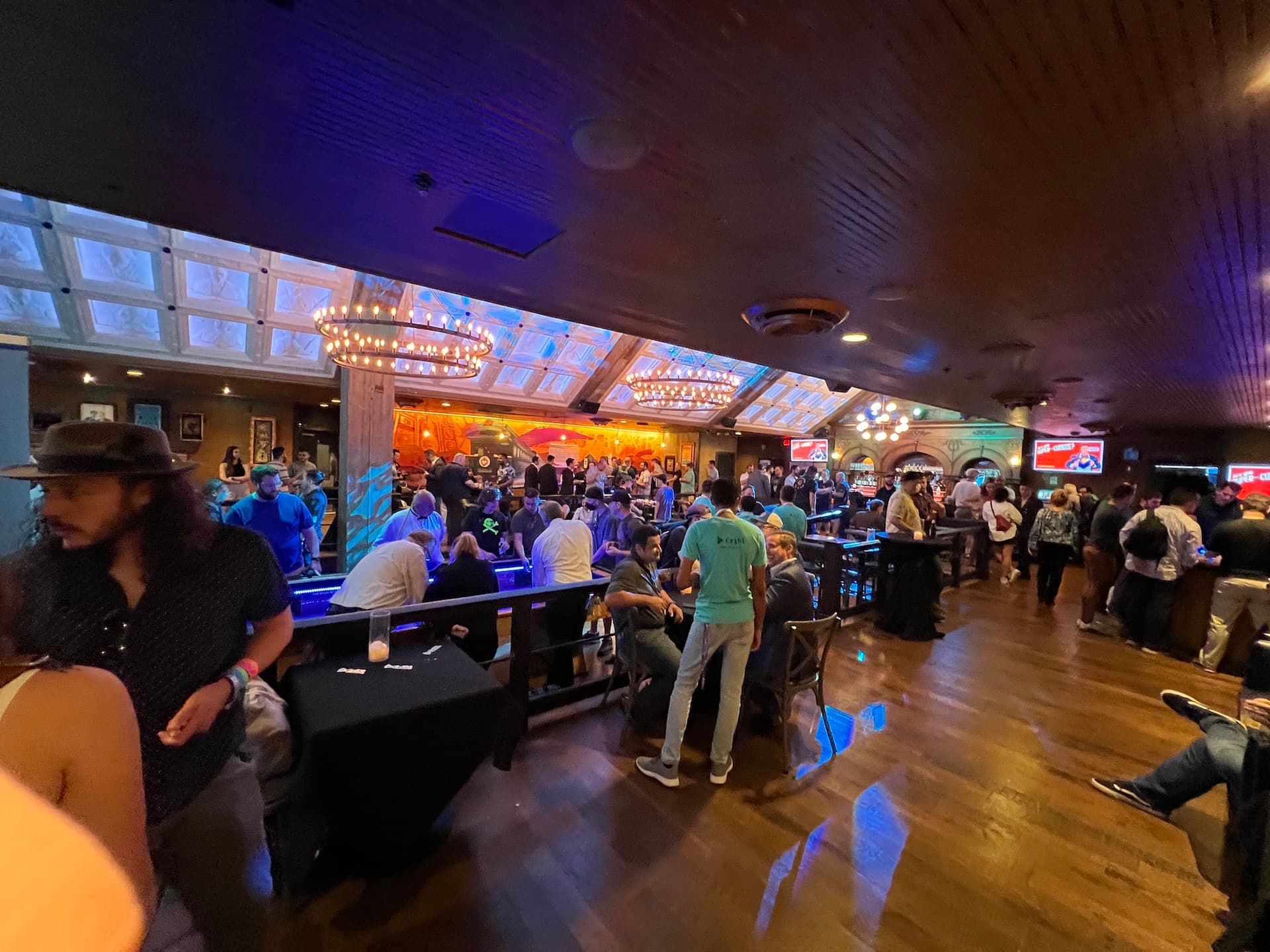
PS – Stop by and see us at re:invent if you missed us at Black Hat!
